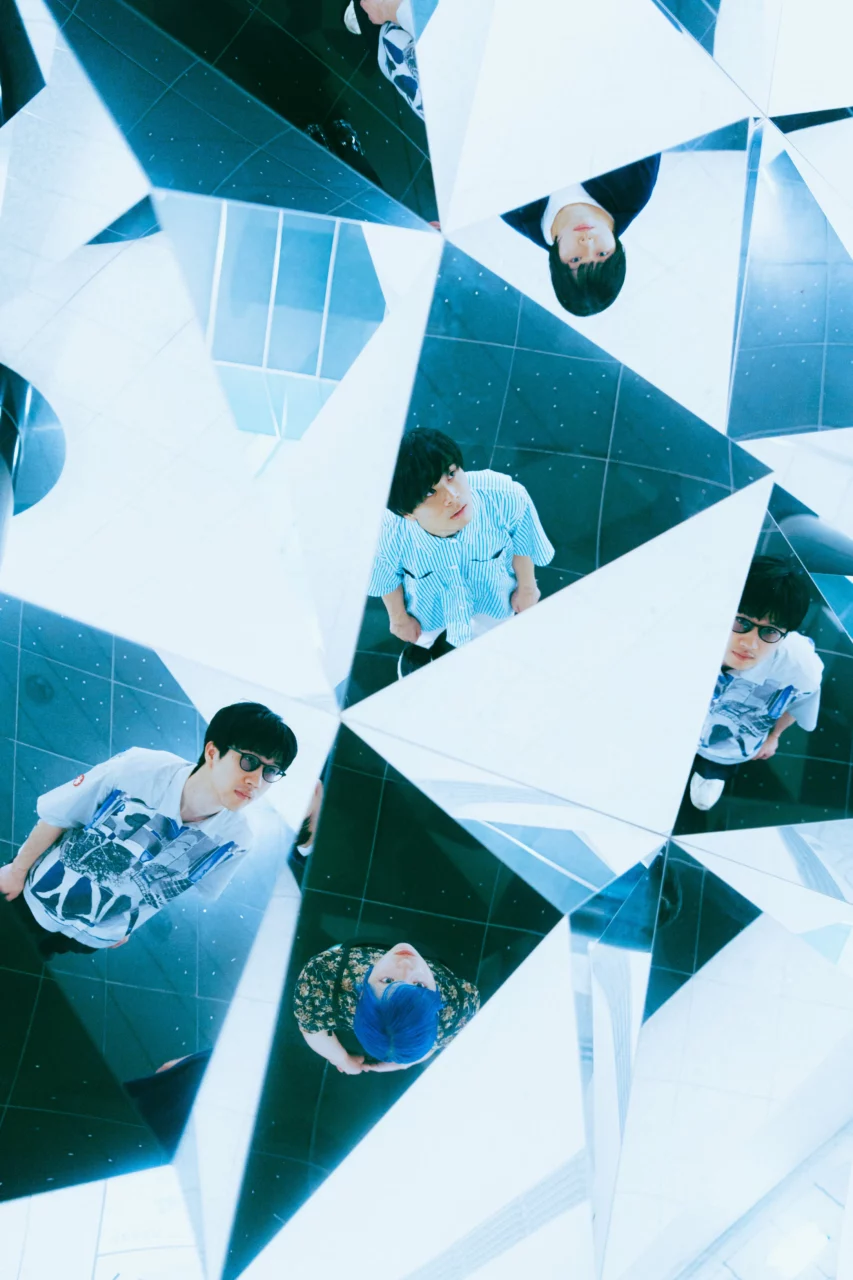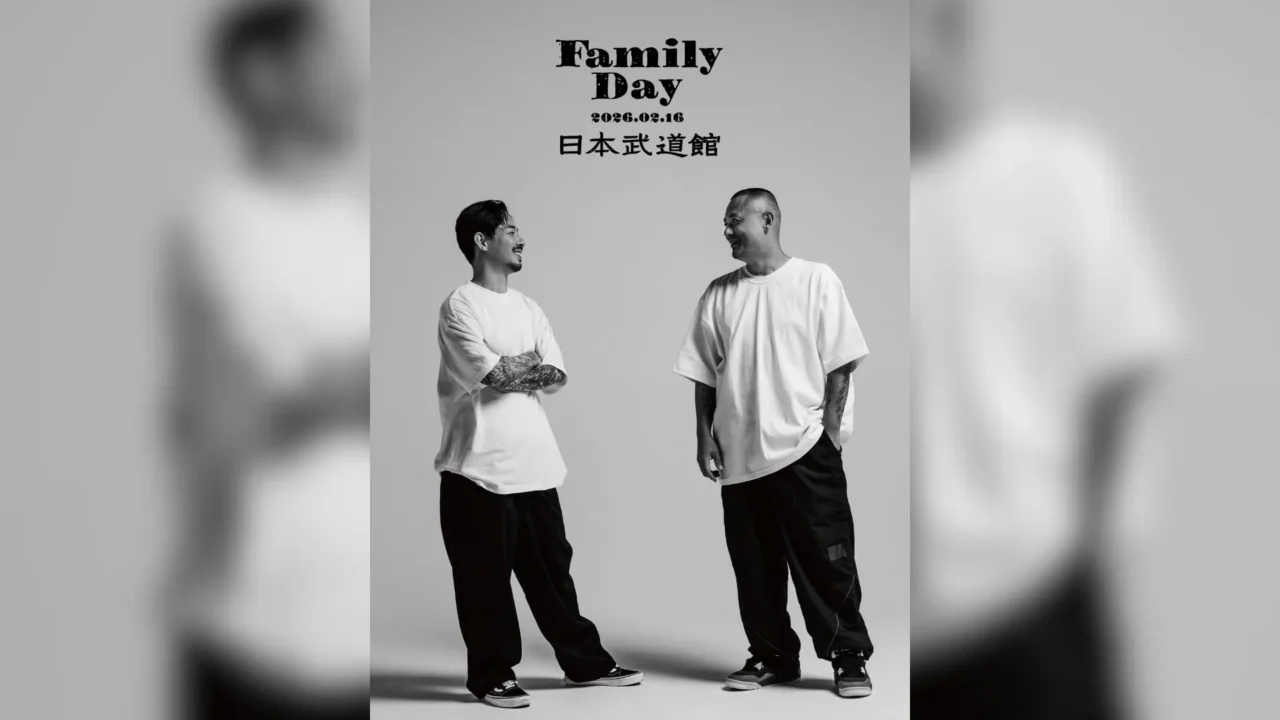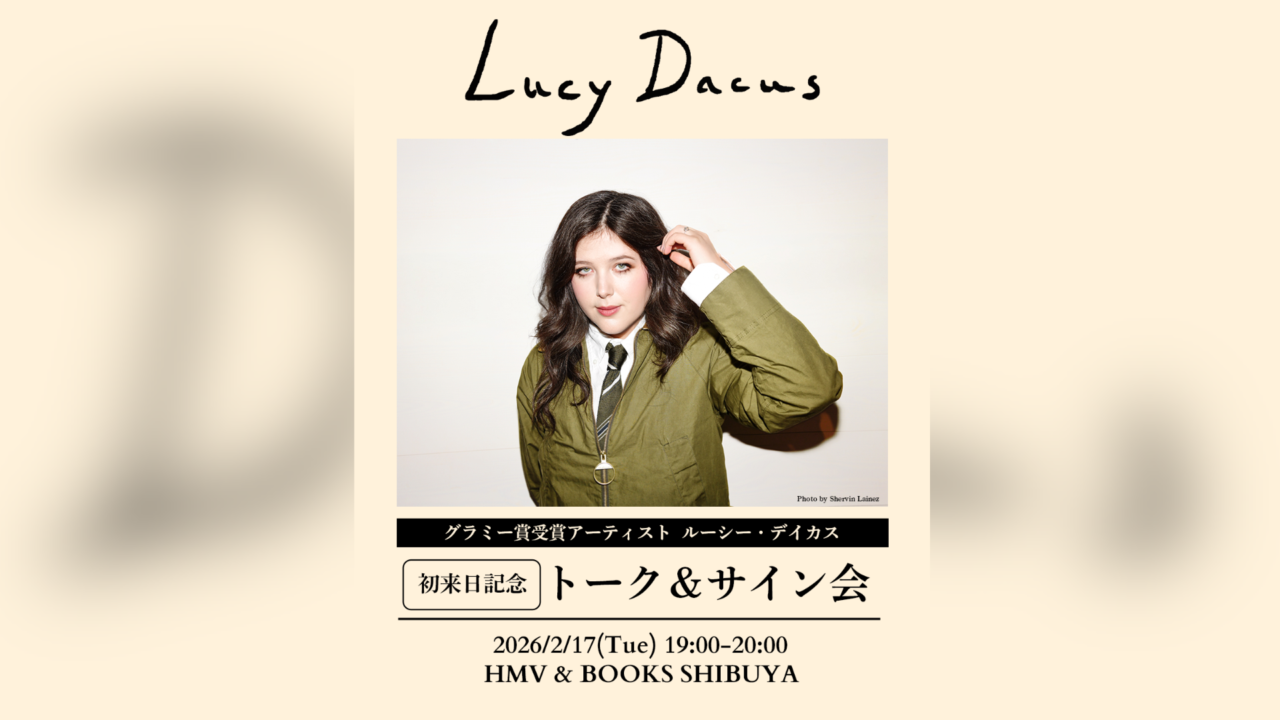INDEX
Impact of Club Culture on the Two Groups

How do you view your own music in terms of dance music?
Nishiyama: I think Pasocom Music Club has gradually shifted towards dance music over the years. Initially, we weren’t very conscious of it, but since we often perform at clubs, we’re naturally influenced by DJ culture. The impact of performing in a space focused on physicality in music is significant. So, with Love Flutter, we specifically set out to create dance music.
Would you say that your experiences performing in clubs have fed back into your music production?
Shibata: As the years went by and the speaker sizes at venues grew larger, we became increasingly aware of the importance of drums and bass.
Shibata: When creating dance music, there are general rules and common principles to follow, but I also believe that everyone has their own unique sense of rhythm.
A track that I might think, “You can’t dance to this!” could be something that someone else feels, “Actually, I can dance to this.” I think there’s a personal variation in how people perceive rhythm, and that’s something I want to respect.
Nishiyama: Recently, while working together, we’ve run into situations where I have no idea when Shibata says, “This beat really makes you move” [laughs]. I think it’s a reflection of the individual differences or varying aesthetic senses that Shibata mentioned.
It seems like both of you in LAUSBUB have been getting more involved in DJing and drawing closer to club culture. Has that influence impacted your latest work?
Iwai: I think our experiences in clubs and DJing are reflected in the album. Especially after performing at club asia’s anniversary event ‘F F F’ and watching live shows by Pasocom Music Club and imai, I learned how certain sounds create specific effects with that kind of sound system. This has made me more conscious of how the music will feel when played in a particular environment, especially in a club setting.
You also DJ at clubs in your hometown of Sapporo, right?
Iwai: In Sapporo, it’s common for various music genres to come together at a single event. Being nurtured by places like Precious Hall and PROVO, which are like musical fortresses in Sapporo, has definitely influenced our own expression.
Takahashi: During the production of ‘ROMP,’ I frequently visited clubs in Sapporo. The music scene in Sapporo is really tight-knit, with people from different music communities blending together. I feel that being in such an environment is reflected in the way we approached the production.
In regional areas, where there are fewer people involved in music, different genres tend to come together more naturally. I understand this well from my own experience in Shikoku until recently. I imagine Pasocom Music Club had a similar experience in their hometown of Kansai.
Yes, that’s right. Osaka is still relatively a big city, so there was a bit more variety in genres. However, at the time, there were still few people doing music like ours on a national level, and there weren’t many people using computers for live performances. Because of this, there were only a few places where we could perform, and it often felt like we were thrown into a mix of various genres. We ended up performing alongside bands and other acts.
But in the end, this environment became a significant influence on our music. Old Osaka was a vibrant mix of indie rock, net labels, experimental music, and early lo-fi house and city pop trends. It was really stimulating. An organizer named zico was behind many of these events.
Note: zico is the organizer behind parties like POW and OZ. On December 29, 2017, the joint event POW and TØNO held at Minami-Horie SOCORE FACTORY featured performances by Pasocom Music Club, Yousuke Yukimatsu, Shokuhin Matsuri a.k.a. foodman, and Le Makeup. (open external site).

























